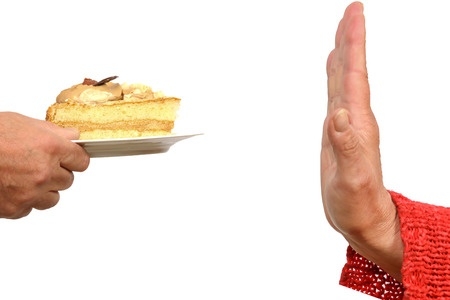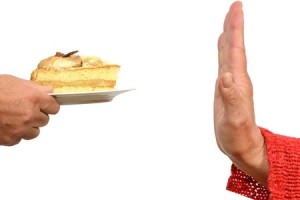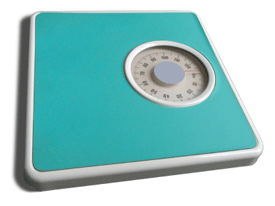How to Manage Your Emotions without Turning to Food
 One of the things that come up often in my work with my clients is how they deal with emotional eating. We all experience different emotions throughout a given day. For some, there might be more than others. Such emotions include anxiety, loneliness and sadness. Other more subtle emotions that often might lead you to turn to food include boredom and stress. It is totally normal to experience these emotions from time to time, but how you cope with them is key. (Note: if you are experiencing intense sadness and depression, please see an appropriate mental health professional.)
One of the things that come up often in my work with my clients is how they deal with emotional eating. We all experience different emotions throughout a given day. For some, there might be more than others. Such emotions include anxiety, loneliness and sadness. Other more subtle emotions that often might lead you to turn to food include boredom and stress. It is totally normal to experience these emotions from time to time, but how you cope with them is key. (Note: if you are experiencing intense sadness and depression, please see an appropriate mental health professional.)
So the question here is: do you find yourself reaching into the food cabinets when these emotions arise? If you do, how do you feel after you eat the cookies, candy or whatever your “go to” mood fixer food is?
I know that deep down you realize that food is not resolving the issue at hand. Yet, you still find comfort even for the moment in the box of chocolates. But you know what? After you eat them, you now have to deal with the guilt, physical discomfort of overeating and the original emotion you were trying to numb. You are now worse off than when you started.
Does this sound like you? How do you get out of this viscous cycle?
The first thing you need to do is acknowledge that you turn to food to comfort negative feelings, even to numb the emotional pain you might be feeling. Then, you need to commit to learning a new way. Before immediately turning to food, STOP and ask yourself what are you really feeling. If you can honestly say you are hungry, then by all means you should eat….a well-balanced power snack or meal. But if you are being true to yourself and really want to help yourself, you won’t automatically say “I’m hungry”. Instead, you will think about what you are feeling and how you can comfort yourself without turning to food.
If you are unsure what you need, seek out the support from a friend, counselor or therapist. Talking through your emotions instead of eating through them is an amazing feeling. If you are not ready to face your feelings, then engage in an alternate activity.
Write down some things that you enjoy doing that can distract you during these times. Take a walk, do a puzzle, read a book, go for a ride etc. Figure out what works for you.
I’ll tell you what works for me. When I am feeling overwhelmed, stressed or upset about something, I remove myself from the area I am at that is causing me distress. I then take several deep breaths and count down from 10 to 0. It really helps me clear my head, and prevents me from heading to the peanut butter jar:)
What works for you? Please let me know in the comments section below. And if you need help sorting through your emotions, I am here for you. Just click here and request to speak with me so you can get clear on your challenges and have a clear path towards dealing with your emotions without turning to food.










